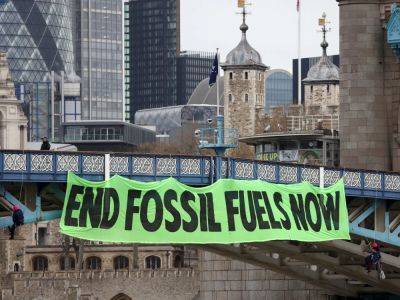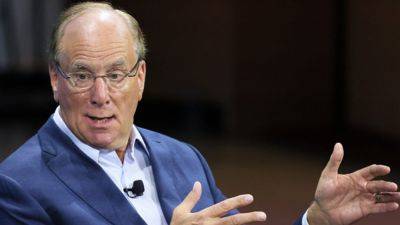Current climate pledges by nations ‘miles short’ of 2030 goal, UN body says
The world’s current climate pledges would only cut emissions by 2.6 percent by 2030, says the UN Framework Convention on Climate Change.
National pledges to cut greenhouse gas emissions fall significantly short of those needed to limit catastrophic global warming, says the United Nations before climate change negotiations next month.
The “nationally determined contributions” (NDCs) are enough to cut global emissions by 2.6 percent from 2019 to 2030, up from 2 percent last year, the UN Framework Convention on Climate Change (UNFCCC) said in its annual assessment on Monday.
But they hardly equate the 43 percent cut that scientists say is required to stay within reach of a Paris Agreement target to limit global temperature rises to 1.5 degrees Celsius (2.7 Fahrenheit), the body warned, referring to the 2015 global agreement to cut greenhouse gas emissions.
As part of their Paris obligations, nations must deliver new and stronger NDCs before a deadline in February next year, and the report’s findings should mark a “turning point”, said Simon Stiell, UNFCCC executive secretary.
“Current national climate plans fall miles short of what’s needed to stop global heating from crippling every economy and wrecking billions of lives and livelihoods across every country,” he said.
“The last generation of NDCs set the signal for unstoppable change,” said Stiell. “New NDCs next year must outline a clear path to make it happen.”
The forum for conjuring up more ambitious pledges will be the COP29 climate talks beginning in two weeks in the Azerbaijani capital of Baku. Nearly 200 countries will devise a new global emissions trading system as well as a $100bn annual financial package to help developing countries meet their climate goals.
“







